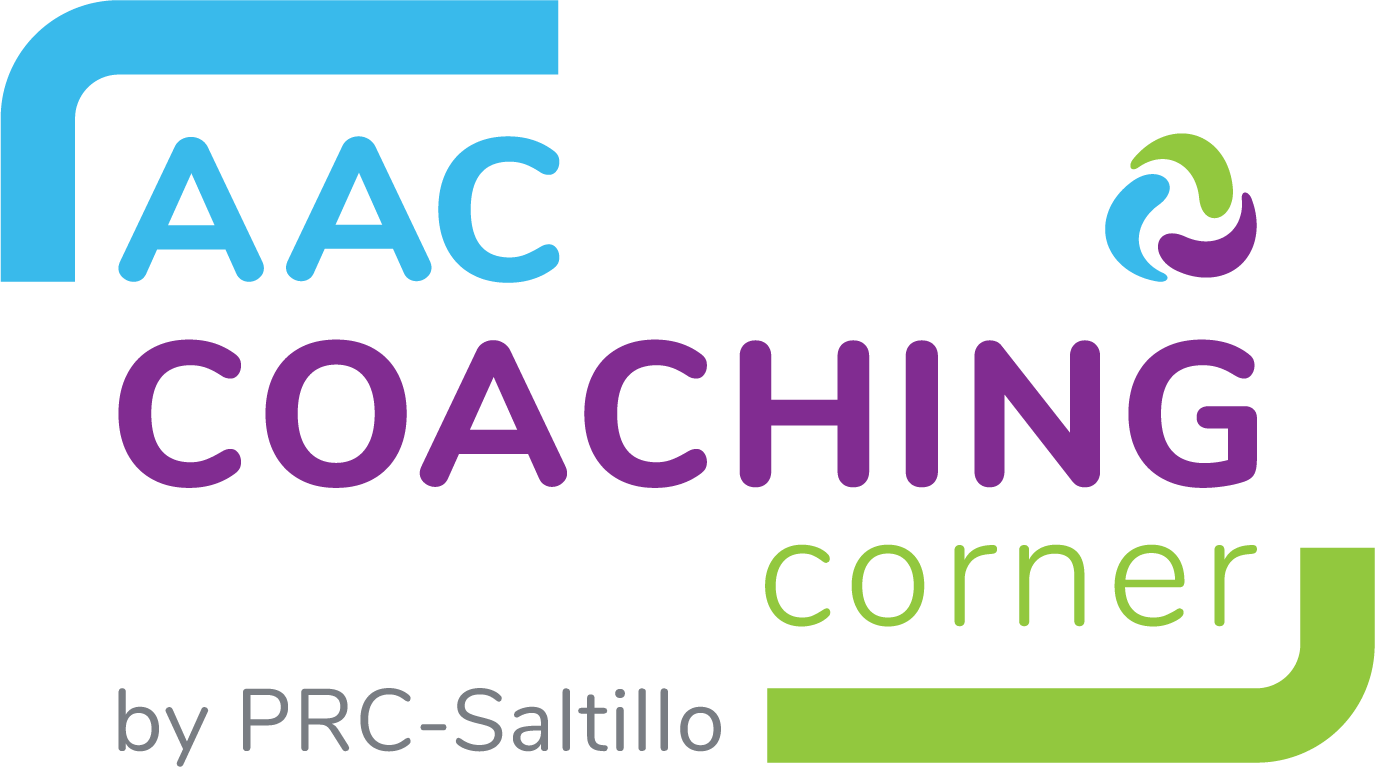The date? March 7-9. The location? Seattle, WA. The event? The 2018 General & Special Education Conference, where PRC’s own Jane Odom, along with Dr. Caroline Musselwhite, will be presenting.
The conference is a continuing education and networking opportunity for special education teachers, SLP, specialists, tutor, and other educational professionals.
The theme for this year’s conference is “Brain-Based Science, Learning & Achievement,” and will feature 30 intensive, full-day courses.
Jane and Dr. Musselwhite will be presenting on Friday, March 9, with the topic, “AAC All Day Long! Scaffolding Conversation, Academics, and Interaction – Apps Included!”
Course Description:
The literature on interactive use of AAC systems is quite clear…and discouraging. As a group, AAC partners continue to dominate conversation, and AAC users continue to be more passive and use a limited range of communication functions. This quick-paced, interactive session will support students in using core vocabulary for authentic purposes, with peers, and using repetition with variation. Strategies include: using RPM-GO (Rehearse, Practice, Model, Generalize), combining core vocabulary and literacy, and determining authentic purposes for all intervention. This session will also support setting up Communication Circles with peer supports, supporting students in using descriptive teaching to access academic vocabulary, and creating doable data collection. Throughout the day, we will support communication partners in developing interactive, engaging activities to support students who use AAC. Participants will engage in multiple ‘try-it’ activities to help learning generalize, just as we hope to make core vocabulary generalize for our AAC users! Participants will receive a link to download the Communication Circles book, CD, and more supports.
By the end of the session, participants will be able to:
- Describe 3 myths of AAC and explain why they are not true
- Identify a student who is a good match for a Communication Circle, and specify why
- Demonstrate use of descriptive teaching to use common vocabulary words to describe academic terms
- Summarize the meaning of RPM-GO
- Describe at least three activities for helping students rehearse vocabulary, using light and/or high tech materials
- Plan at least two activities to help students practice and model language use with an AAC device
- Discuss at least two tools (light or high tech) to support data collection for students who use AAC
- Plan follow-up for a student or classroom, using the RPMGO approach
For more information or to register for the conference, visit their website.
News and Updates















